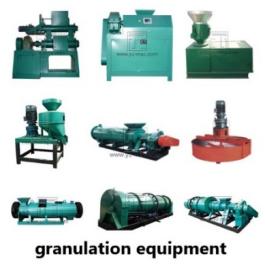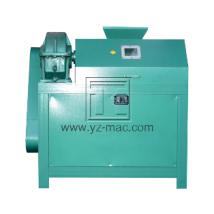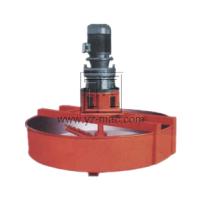Small Commercial Composter
A small commercial composter is an ideal solution for businesses, institutions, and organizations seeking efficient organic waste management. Designed to handle moderate volumes of organic waste, these compact composters offer a convenient and environmentally friendly way to process organic materials.
Benefits of Small Commercial Composters:
Waste Diversion: Small commercial composters allow businesses to divert organic waste from landfills, reducing the environmental impact and contributing to a circular economy. By composting organic materials on-site, businesses can turn waste into a valuable resource while minimizing disposal costs.
Cost Savings: Composting organic waste on-site with a small commercial composter can lead to significant cost savings. By reducing waste hauling and disposal fees, businesses can allocate resources more efficiently and potentially generate revenue from the sale or use of the compost produced.
Environmental Sustainability: Small commercial composters promote environmental sustainability by minimizing greenhouse gas emissions associated with landfilling organic waste. Composting converts organic materials into nutrient-rich compost, which can be used to improve soil health, reduce chemical fertilizer use, and promote sustainable agriculture.
Convenience and Efficiency: These compact composters are designed for ease of use and efficient operation. With automated features, such as adjustable mixing and aeration, temperature monitoring, and odor control systems, small commercial composters simplify the composting process, requiring minimal manual labor and monitoring.
Features of Small Commercial Composters:
Compact Design: Small commercial composters are designed to fit in limited spaces, making them suitable for businesses with limited outdoor or indoor areas. Their compact footprint allows for convenient installation and operation in commercial kitchens, schools, cafes, small farms, and other similar settings.
Efficient Composting Technology: These composters often utilize advanced composting technologies, such as forced aeration or in-vessel systems, to accelerate the decomposition process. This ensures rapid breakdown of organic waste and produces high-quality compost within a shorter timeframe.
Odor Control Systems: To address potential odor concerns, small commercial composters are equipped with odor control mechanisms. These systems help manage odors by utilizing filters or biofilters that capture and treat the released gases during composting.
Monitoring and Control: Many small commercial composters feature monitoring and control systems to ensure optimal composting conditions. This includes temperature sensors, moisture control mechanisms, and automated mixing to maintain ideal composting parameters and promote efficient decomposition.
Applications of Small Commercial Composters:
Restaurants and Cafes: Small commercial composters enable restaurants and cafes to manage food scraps and kitchen waste on-site. By composting these organic materials, businesses can reduce waste disposal costs, improve sustainability practices, and potentially use the resulting compost in community gardens or landscaping.
Schools and Institutions: Educational institutions, such as schools and universities, can benefit from small commercial composters to manage food waste from cafeterias and dining halls. Composting on-site promotes environmental education, engages students in sustainable practices, and reduces waste management expenses.
Small Farms and Agricultural Operations: Small commercial composters are suitable for small-scale farms and agricultural operations. They provide a convenient way to compost animal manure, crop residues, and other organic materials, generating nutrient-rich compost for soil enrichment and reducing reliance on chemical fertilizers.
Community Gardens and Urban Agriculture: Small commercial composters play a crucial role in community gardens and urban agriculture initiatives. They enable local residents to compost organic waste from households, community events, and urban farming activities, creating compost that improves soil fertility and supports local food production.
Investing in a small commercial composter offers businesses, institutions, and organizations an efficient and sustainable solution for managing organic waste. These compact composters promote waste diversion, cost savings, environmental sustainability, and operational convenience.






